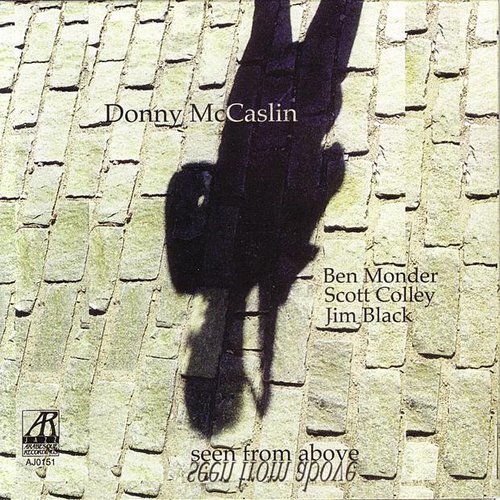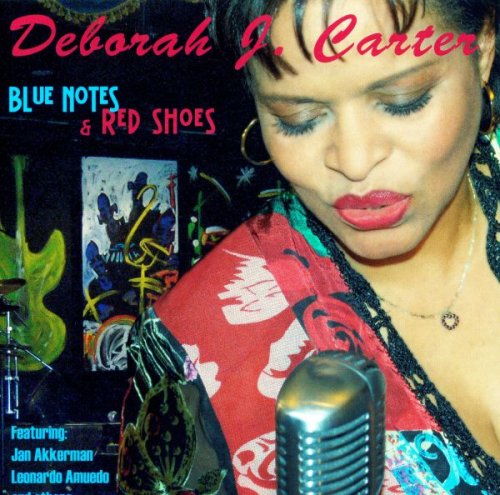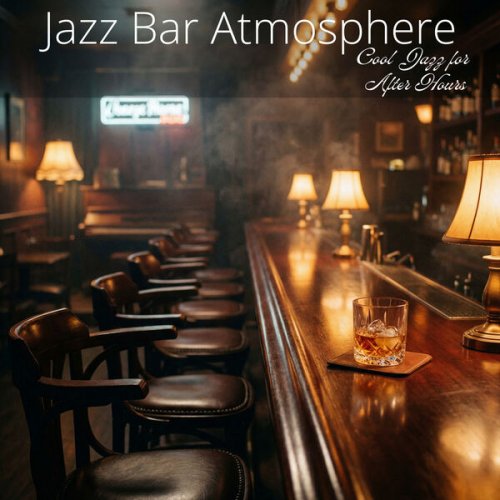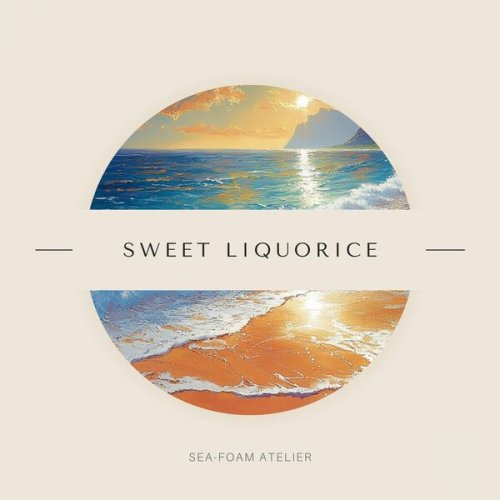Donny McCaslin - Seen from Above (2000) CDRip

Artist: Donny McCaslin
Title: Seen from Above
Year Of Release: 2000
Label: Arabesque Jazz
Genre: Contemporary Jazz, Fusion
Quality: FLAC (tracks+.cue, log, Artwork)
Total Time: 58:32
Total Size: 313.3 MB
WebSite: Album Preview
Tracklist:Title: Seen from Above
Year Of Release: 2000
Label: Arabesque Jazz
Genre: Contemporary Jazz, Fusion
Quality: FLAC (tracks+.cue, log, Artwork)
Total Time: 58:32
Total Size: 313.3 MB
WebSite: Album Preview
01. Manresa (McCaslin) (6:35)
02. Seen from Above (McCaslin) (6:52)
03. Second Line Sally (McCaslin) (5:09)
04. These Were Palaces (McCaslin) (5:39)
05. Mick Gee (McCaslin) (6:50)
06. Strange Pilgrim (McCaslin) (5:54)
07. Going to the Territory (McCaslin) (7:44)
08. Frontiers (McCaslin) (6:44)
09. September Song (Anderson-Weill) (7:05)
Donny McCaslin - tenor saxophone
Ben Monder - guitar
Scott Colley - bass
Jim Black - drums
Donny McCaslin is a versatile tenor saxophonist whose second release as a leader exhibits steady growth and imagination in abundance. Together with sidemen Ben Monder on guitar, Scott Colley on bass, and Jim Black on drums, McCaslin plays his heart out on some very invigorating original music. His rock influences come to the fore on numbers like "Manresa," the Scofield-esque "Second Line Sally," and the frenetic "Mick Gee." Jim Black is particularly fiery on these tracks - nailing the pocket at every moment but filling with abandon and getting a huge sound from his drums. Monder pushes the tunes over the top with his use of heavy distortion. "Going to the Territory" is more laid-back but very much in a funk-rock mold; Colley and Black still give even the most rocking moments a jazz-like openness. This extraordinary rhythm team lends a similar looseness and flexibility to the off-kilter, swinging "Strange Pilgrim."
McCaslin is most lyrical and impassioned on the mellower, harmonically involved "Seen From Above" and the 3/4 ballad "These Were Palaces," which bears a passing resemblance to Monk's "Ugly Beauty." Wrapping up the album in straightahead jazz mode, McCaslin offers the uptempo "Frontiers" and a tenor/bass duo reading of Kurt Weill's "September Song." Whether playing a standard like this or one of his own daring compositions, McCaslin is equally at home, conversant with the tradition but forging his own compositional and instrumental voice.
McCaslin is most lyrical and impassioned on the mellower, harmonically involved "Seen From Above" and the 3/4 ballad "These Were Palaces," which bears a passing resemblance to Monk's "Ugly Beauty." Wrapping up the album in straightahead jazz mode, McCaslin offers the uptempo "Frontiers" and a tenor/bass duo reading of Kurt Weill's "September Song." Whether playing a standard like this or one of his own daring compositions, McCaslin is equally at home, conversant with the tradition but forging his own compositional and instrumental voice.
![Dave Slonaker Big Band - Shifty Paradigms (2026) [Hi-Res] Dave Slonaker Big Band - Shifty Paradigms (2026) [Hi-Res]](https://www.dibpic.com/uploads/posts/2026-02/1771506144_eu5h6bbhmvwxe_600.jpg)
![Bill Champlin - Through It All (1994) [Japanese Edition] Bill Champlin - Through It All (1994) [Japanese Edition]](https://www.dibpic.com/uploads/posts/2026-02/1771699229_ff.jpg)


![Noga - Heroes in The Seaweed (2025) [Hi-Res] Noga - Heroes in The Seaweed (2025) [Hi-Res]](https://www.dibpic.com/uploads/posts/2026-02/1771663366_nhs500.jpg)


![Matt Monro - Matt Sings Monro (Live at the BBC, Remastered 2023) [Hi-Res] Matt Monro - Matt Sings Monro (Live at the BBC, Remastered 2023) [Hi-Res]](https://www.dibpic.com/uploads/posts/2026-02/1771586614_k3yj19donljhc_600.jpg)
